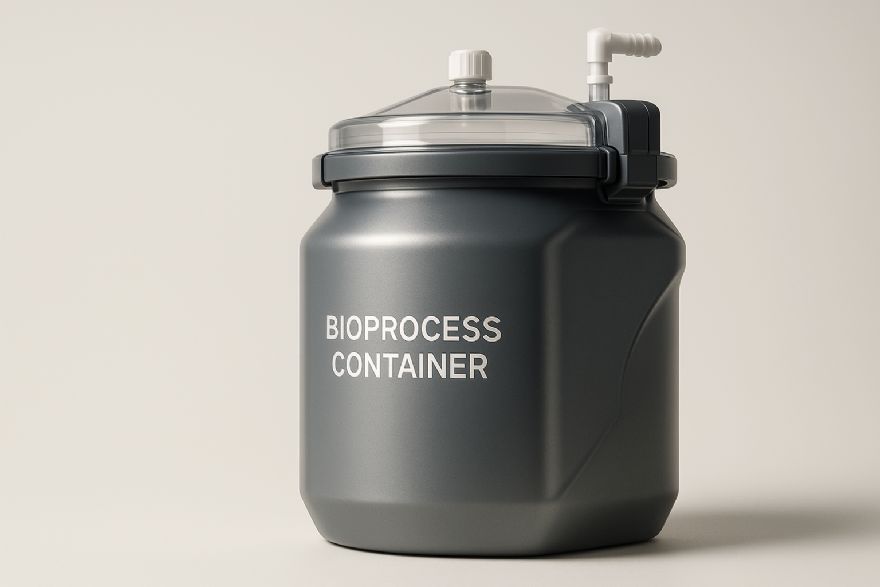
Ensuring the quality of metal products during their journey from production to end users is crucial. As supply chains become more complex, the need for efficient container design has grown, providing both quality control and operational efficiency.
The design of containers plays a key role in maintaining the integrity of metal products as they move through the supply chain. These containers, particularly
biopress containers, are engineered to protect sensitive products from contamination and degradation. By investing in these advanced solutions, companies can ensure that their products reach consumers in optimal condition, maintaining both safety and efficacy.
Challenges in maintaining product qualityPreserving product quality during transportation and storage is a primary challenge in metalworking manufacturing supply chains. Variations in temperature, exposure to contaminants, and physical damage can compromise the integrity of metal products. To address these issues, companies must employ containers that are not only durable but also equipped with features such as temperature control to prevent degradation.
Regulatory compliance further complicates the landscape, as stringent standards must be met to avoid penalties and protect brand reputation. Advanced container technologies that offer enhanced protection and compliance with these regulations are increasingly being adopted. These solutions ensure that metal products are delivered safely, meeting both industry standards and consumer expectations.
The integration of digital monitoring systems within containers provides real-time data on internal conditions, alerting stakeholders to potential issues before they become critical. This technological advancement is key in maintaining the precision and reliability required in metalworking manufacturing supply chains.
The impact of innovative container solutionsInnovative container solutions are essential for streamlining operations within metalworking manufacturing supply chains. These solutions not only protect products but also enhance operational efficiency by simplifying logistics processes. For example, containers designed for stackability and modularity can significantly reduce storage space requirements, resulting in cost savings.
Modern container designs often incorporate smart technology features that enable seamless integration into existing supply chain management systems. This integration allows for enhanced tracking and visibility throughout the supply chain, enabling companies to make informed decisions based on real-time data analytics.
By adopting these advanced solutions, metalworking manufacturing companies not only improve their operational performance but also contribute to broader advancements in supply chain management practices. This positions them at the forefront of industry innovation, ensuring they remain competitive in a rapidly evolving market.
Advancements with bioprocess containersBioprocess containers represent a significant advancement in metalworking manufacturing logistics. These specialised containers are designed to meet the demanding requirements of modern supply chains, offering unparalleled security and reliability. By using bioprocess containers, companies benefit from features such as enhanced durability and resistance to contamination.
The use of these containers also ensures compliance with regulatory standards by maintaining consistent temperature regulation and providing protective barriers against external factors. This compliance not only protects consumers but also secures a company's reputation as a reliable provider of safe metal products.
Integrating bioprocess containers into supply chain strategies offers tangible benefits beyond compliance and safety. It enhances overall efficiency by reducing waste and optimising resource use. Focusing on quality container design is an investment in both current operations and future-proofing the business against emerging challenges.